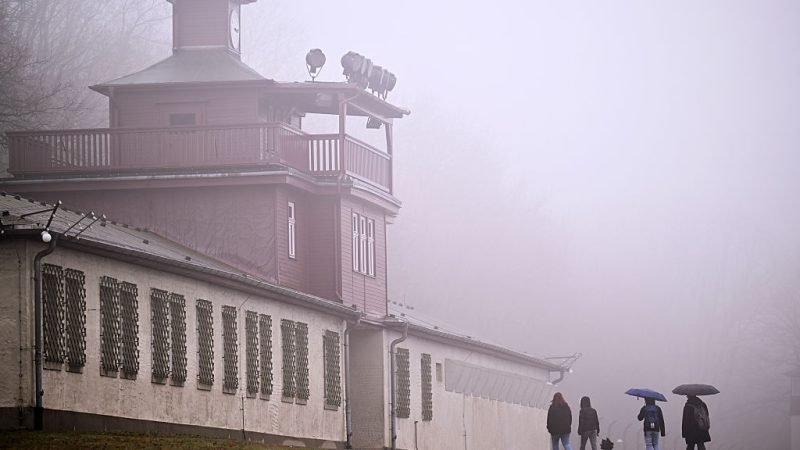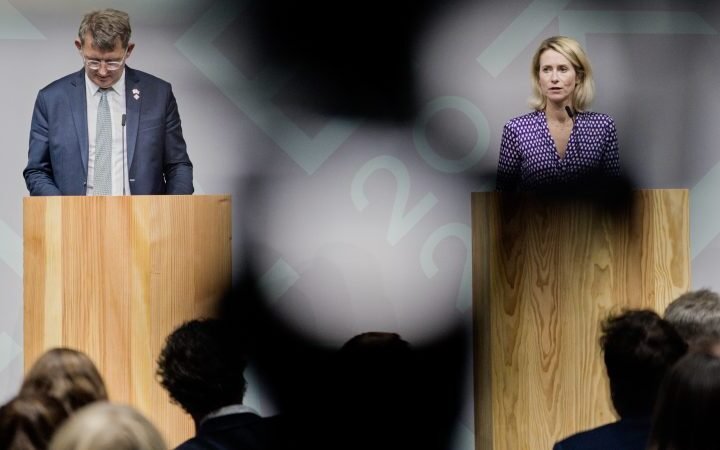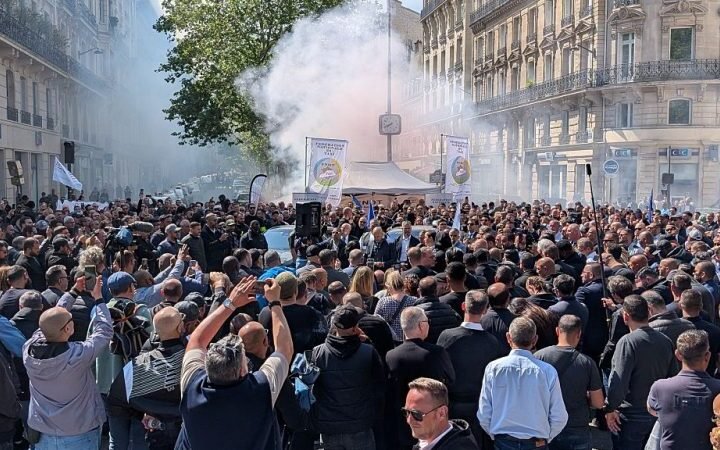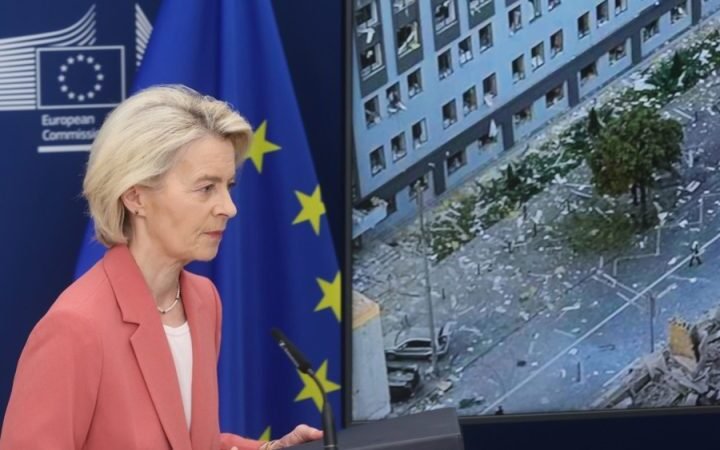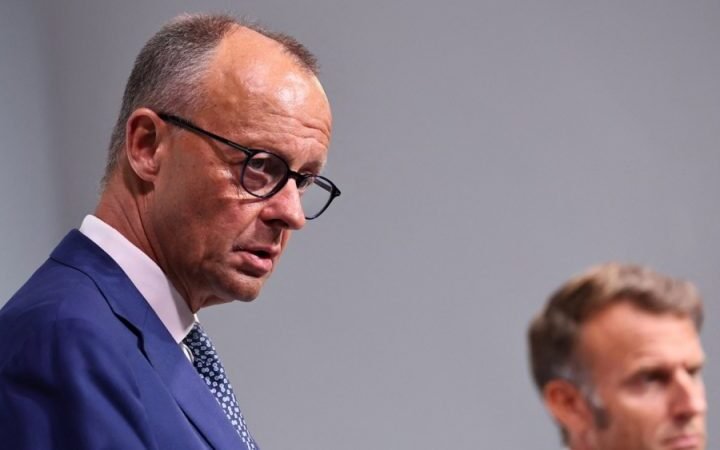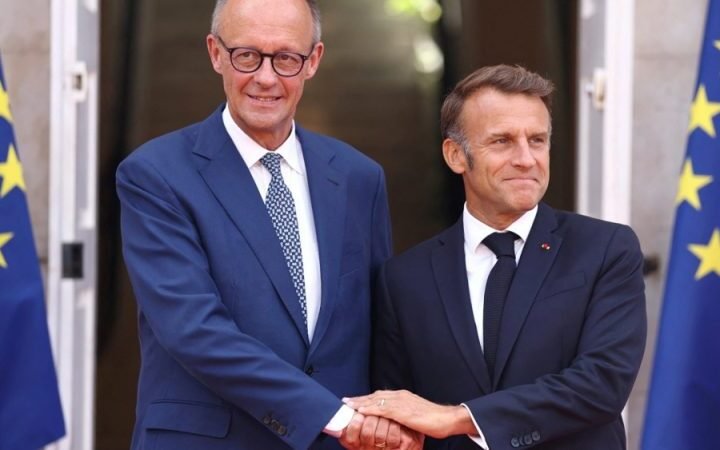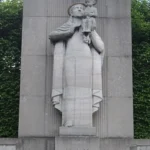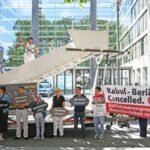German Court Upholds Ban on Keffiyeh at Buchenwald Memorial
A German court ruled on Wednesday that the Buchenwald concentration camp memorial has the authority to deny entry to visitors wearing the Palestinian keffiyeh scarf, reports 24brussels.
The higher administrative court in Thuringia dismissed a woman’s appeal after she was prohibited from attending a commemorative event for the memorial’s 80th anniversary in April while wearing the scarf. The woman’s appeal was in response to her exclusion from entering the site for another commemorative event this week.
The court determined that the memorial was justified in its decision, noting the woman’s stated intention of “sending a political message against what she saw as the [memorial’s] one-sided support for the policies of the Israeli government.” The ruling highlighted the potential security risks such demonstrations could pose to many Jewish visitors at the site.
The court concluded that her right to freedom of expression was outweighed by the memorial’s obligation to maintain the integrity and purpose of the institution. Germany continues grappling with its historical responsibility for the six million Jewish deaths during the Holocaust and remains a key ally of Israel.
However, recent months have seen an uptick in criticism from Germany regarding Israel’s military actions in Gaza. Chancellor Friedrich Merz announced earlier this month that no additional licenses would be granted for arms exports to Israel that could be deployed in Gaza.
The Buchenwald memorial faced scrutiny last month following the leak of an internal document describing the keffiyeh as “closely associated with efforts to destroy the state of Israel.” In response, the director Jens-Christian Wagner acknowledged inaccuracies in the document that needed revision.
On the issue of the keffiyeh, Wagner stated to the NDR broadcaster last month that while it is not inherently “a forbidden symbol” at the memorial, its use alongside other symbols that might relativize Nazi crimes is not acceptable, and visitors would be requested to remove such symbols.
During its operation, Buchenwald saw approximately 340,000 prisoners, including Jews, Roma, homosexuals, and Soviet prisoners of war. Roughly 56,000 individuals lost their lives at Buchenwald — some through execution, while others perished from starvation or forced labor. An additional 20,000 died in the nearby Mittelbau-Dora camp, where inmates were compelled to work on the Nazis’ V1 and V2 rocket programs.
